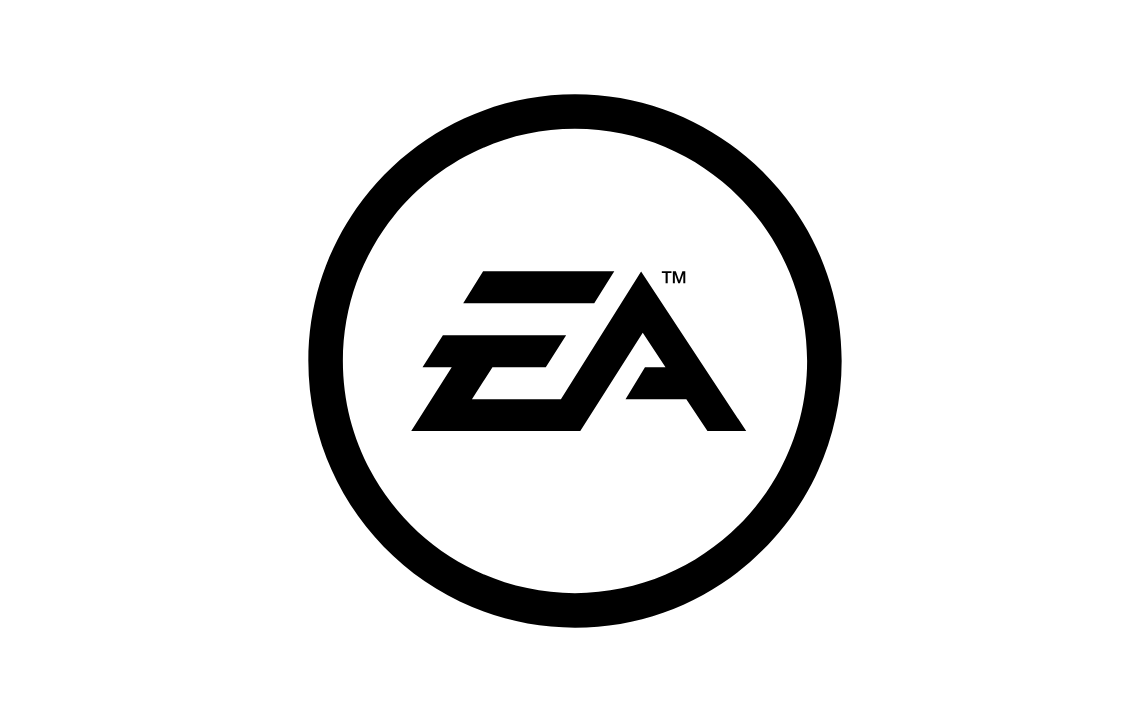Important to note that:
- This doesn’t meet any of the traditional definitions of “open source”
- EA isn’t using that term to describe their offer.
Our Pledge
Electronic Arts (EA) promises not to enforce against any party for infringing any of the listed EA patents. A list of patents subject to this pledge can be found below, and EA may add additional patents to this pledge at a later date.
EA makes this pledge legally binding, irrevocable (except as under “Defensive Termination”) and enforceable against EA and all subsequent patent owners of the listed patents. This pledge does not provide any warranties or assurances that the activities covered by pledged patents are free from patent or other intellectual property infringement claims by a third party
Defensive Termination
EA reserves the right to terminate this pledge for a specific party or its affiliates going forward if that party files a patent infringement lawsuit or other patent proceeding against EA, its affiliates, or partners.
https://www.ea.com/commitments/positive-play/accessibility-patent-pledge
Right they are released patents. Fairly common in many industries to release all patents in areas like disability or safety. You gain more by releasing them any by holding them.
And open source doesn’t make any sense for patents anyway. Open documentation maybe, but source is a code thing.
That said, patents are already “source available” anyway, and my understanding is that it’s effectively open documentation as well (can they sue for derivative works of their patent? That mask makes no sense…).
But yeah, legally binding non-enforcement pledge is about as close as releasing a patent as public domain as a company like EA is likely to get.
I think its kind of standard for these things but the defensive termination sounds like a trap. If you make a claim about an unrelated patent against “EA, their partners or affiliates” then they revoke your access to the pledge.
I’m not sure how partner or affiliate is defined in this context but EA have business dealings with a lot of companies…
It absolutely is. I’m not sure how that works if EA is the instigating the patent dispute though. If they’re still legally bound to honor the pledge, I think smaller devs are okay, so this would only really apply to other large studios with a bunch of patents of their own.
That said, software patents shouldn’t exist, that’s the realm of copyright and trademark law…
Patents in gaming are a cancer. This is just to add legitimacy to their other non-open source patents. None of them are enforceable, it will just be used as an intimidating tactic for small devs, to troll and bury them in lawyer fees.
Great!
Software patents as a concept can still burn in hell.
As a kid, I wanted to be a lawyer and was also into computers, so I thought software patent law would be a good fit. About a year into my undergrad in CS I realized how terrible software patents are, so I ended the law ambition.
Screw software patents.
Patents in general should have mandatory licensing, because there’s no artistic concern. You did something clever? Great, here’s a pile of money. All you care about is the height. Do not hold us back.
Holding back software for twenty years is obscene. Twenty years ago, mobile gaming meant the Game Boy Advance. Twenty years before that, IBM PCs were still 5 MHz in 4 colors. Twenty years before that, microprocessors hadn’t been invented.
I disagree w/ mandatory licensing, because that gets complicated fast (i.e. what’s a reasonable price for licensing that patent?).
Instead, I think we should significantly limit patent duration. I think 5-7 years is a reasonable duration for a patent, with an optional, one-time renewal based on need (i.e. a pharmaceutical that won’t hit the market until after the patent is up). So you apply and get 5-7 years from the date the application is accepted (not patent granted), and then if you can’t reasonable get the product to market in that time but are actively working on getting the product to market, you can renew for another 5-7 years.
The same should apply to copyright, but perhaps with a longer initial term (say, 15 years?).
Copyright needs an unambiguous cutoff because it kinda has to be automatic. You can invent something and not patent it. Copyright is implicit.
Which is why it should be 30 years from publication, without exception. Possibly shorter.
I’m not used to hearing good things about EA, but good for them.
How did they get US9772743 approved?
“Implementation of a movable control pad on a touch enabled device”The USPTO is a joke IMO and approve a ton of stuff they shouldn’t.




